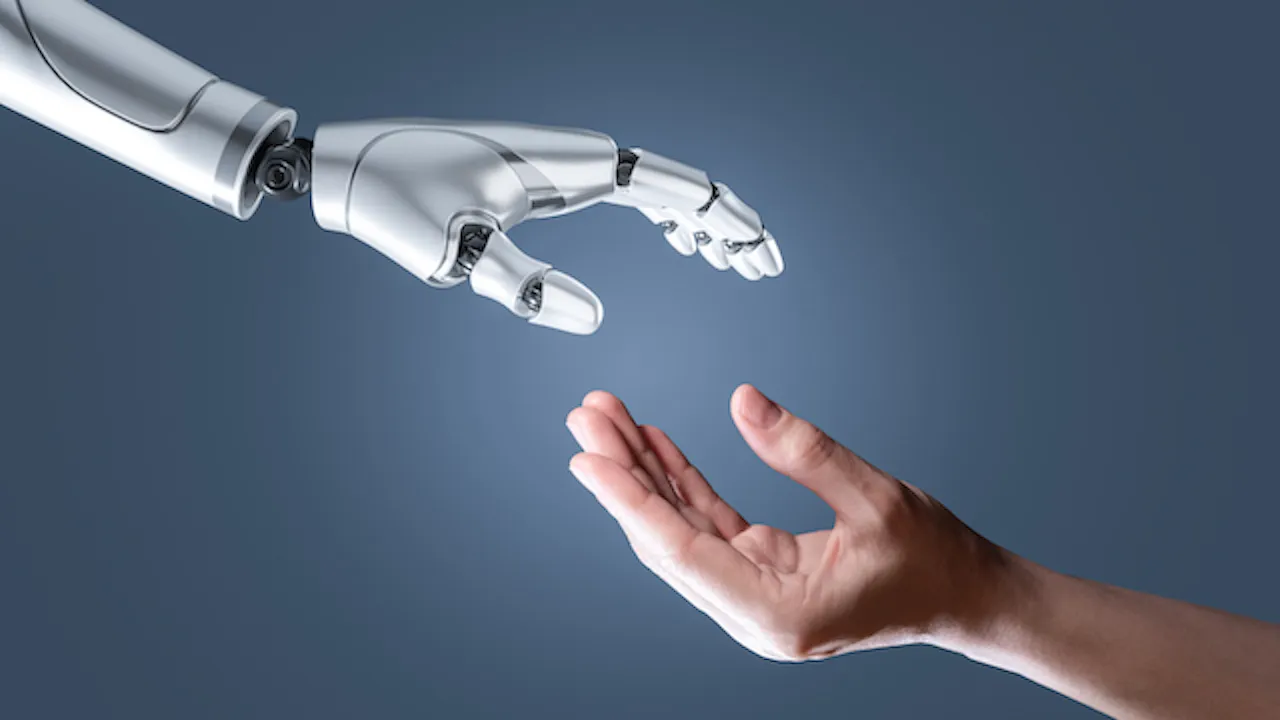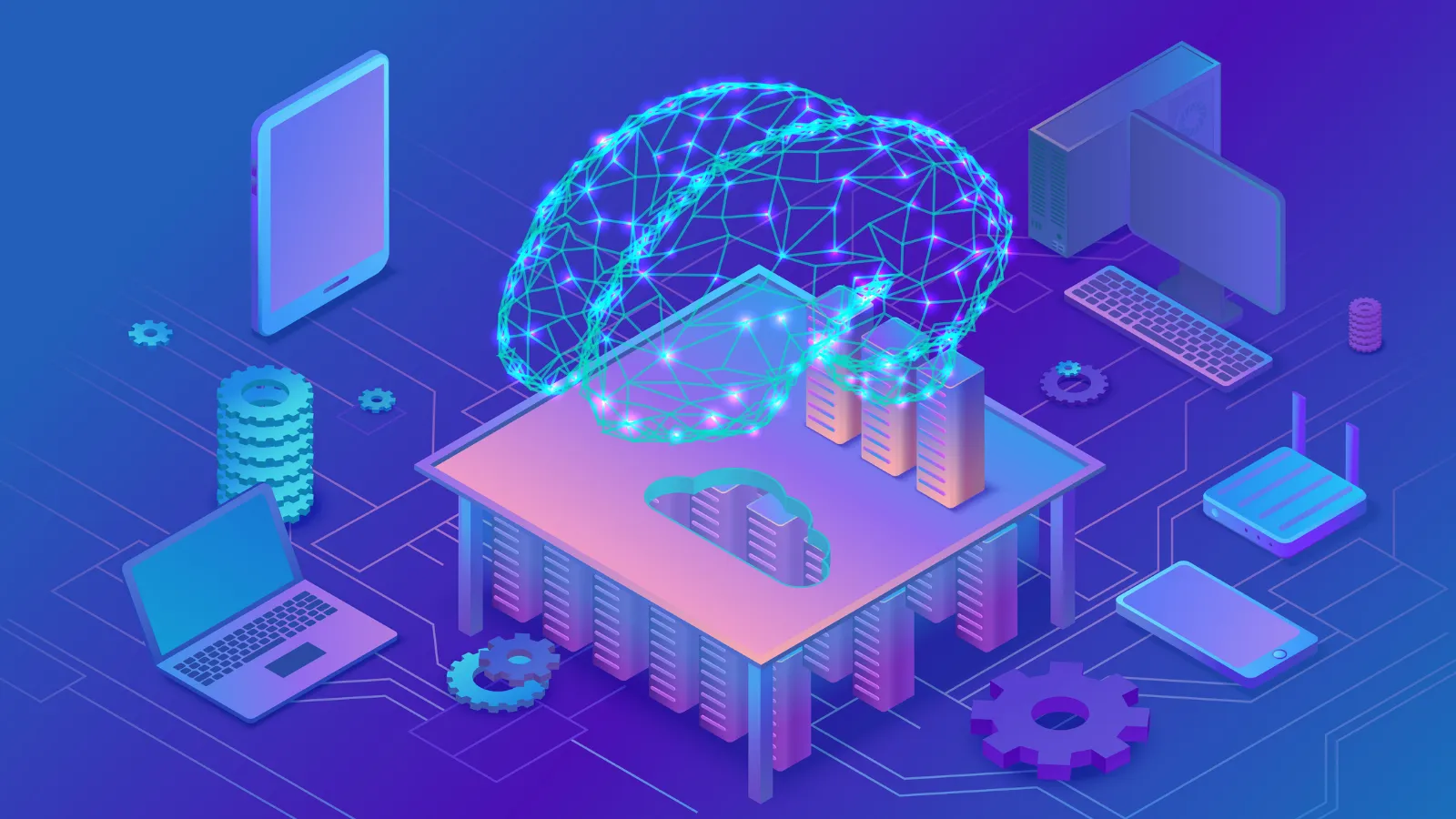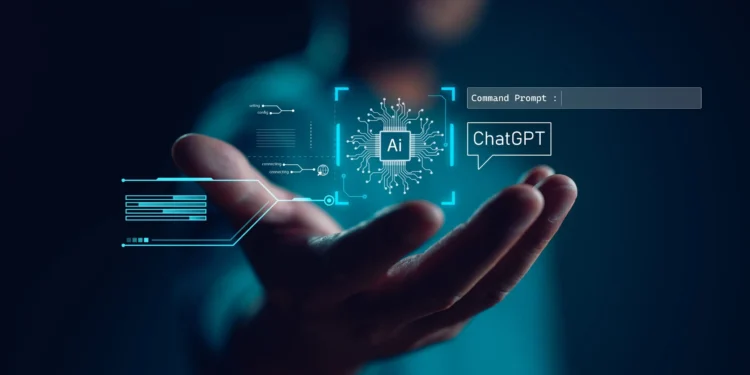Artificial Intelligence (AI) continues to spark intense debate across various sectors of society, from the lay public to the highest echelons of expertise. According to a recent Pew Research Center study, there is a stark contrast in how AI experts and the general U.S. public perceive the technology’s future impact. AI experts are markedly more optimistic about the benefits AI can bring to the United States over the next two decades, with a significant 56% viewing its impact positively compared to just 17% of the general populace.

The divergence doesn’t stop at optimism. While nearly half (47%) of the experts polled expressed excitement over the integration of AI into daily life, only a scant 11% of the public felt the same, highlighting a notable enthusiasm gap. In contrast, more than half of the general public (51%) are more concerned than excited, showcasing a prevailing skepticism not mirrored among the specialists (15%).
The Common Ground: Control and Regulation
Despite these differing perspectives, both groups crave greater personal control over AI technologies and share concerns over insufficient government regulation. “Both the public and experts fear that the government’s oversight might not be stringent enough,” noted one of the researchers involved in the study. This shared apprehension points to a potential area where policymakers could focus their efforts to bridge the gap between public wariness and expert confidence.

Gender and Sector Influence on AI Views
The study also sheds light on gender disparities in AI perceptions. Men, particularly among experts, tend to be more optimistic about AI’s impact compared to women. Among AI professionals, 63% of men believe AI will have a positive effect on the U.S. in the next two decades, in stark contrast to 36% of women. This gap also extends to enthusiasm, with 53% of male experts excited about AI’s future, versus 30% of their female counterparts.
Sectoral differences further color these viewpoints. Experts employed at academic institutions are notably less confident in the private sector’s ability to manage AI responsibly compared to those working in business environments. A substantial 60% of university-affiliated experts doubt corporate America’s commitment to responsible AI development, compared to 39% from the private sector.
Deep Dives: AI’s Impact on Jobs and Society
The comprehensive report also delves into specific areas such as employment, healthcare, and education, revealing complex attitudes towards AI’s role in society. While experts are generally positive about AI’s impact on job creation, the public remains anxious, with 64% anticipating AI-driven job reductions. Similar patterns emerge in discussions about AI’s influence on healthcare and education, where optimism among experts does not fully align with public sentiment.

In conclusion, the Pew Research Center’s findings illuminate the complex landscape of public and expert opinions on AI. By highlighting both the disparities and the shared concerns, this report provides a valuable framework for understanding the challenges and opportunities that lie ahead in navigating the future of AI. As AI continues to evolve, ongoing dialogue between the public, experts, and policymakers will be crucial in shaping a technology landscape that aligns with societal values and needs.










